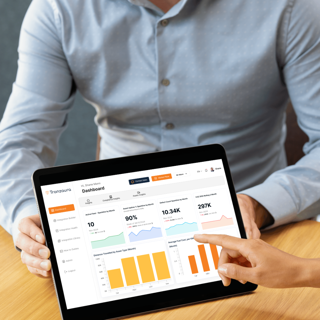It won’t be long before every serious crash your drivers have will result in the police requesting the telematics data so they can allocate blame.
Every car will have black box or app-based data revealing details of inappropriate driving behaviour which either causes or contributes to the crash. Or, of course, completely exonerates the driver.
For those companies reluctant to invest in third party telematics, using the highly dubious reasoning of ‘if I know about it then I have to do something about it, so I don’t want to know’, your time is up.
Connected cars have all the data in reams, readily accessible by the authorities, even if you ignore it.
Better, then, to start preparing for the future by understanding the benefits of telematics data and how, when linked to coherent, robust policies, it can improve driver behaviour and reduce accidents.
And it’s no longer just about telematics. The police have been granted Government funding to survey dashcam data.
This is being portrayed as an opportunity for drivers to share video evidence of others’ poor behaviour. North Wales Police has been doing it for the past couple of years, resulting in fixed penalties, retraining courses and prosecutions.
It’s unlikely to end there. Given the chance, police will start to request access to both telematics and dashcam evidence as part of investigations into serious crashes.
And this evidence will not simply be requested from your fleet; it will also come from other witnesses’ cars.
Research by The AA shows that 20% of drivers already have dashcams fitted with many more planning to install them. If you don’t have the technology, others do and they’ll be providing the evidence.
Surely, it’s better to invest now so you can put in place risk management policies to protect your drivers, your business and other road users.





















Login to comment
Comments
No comments have been made yet.